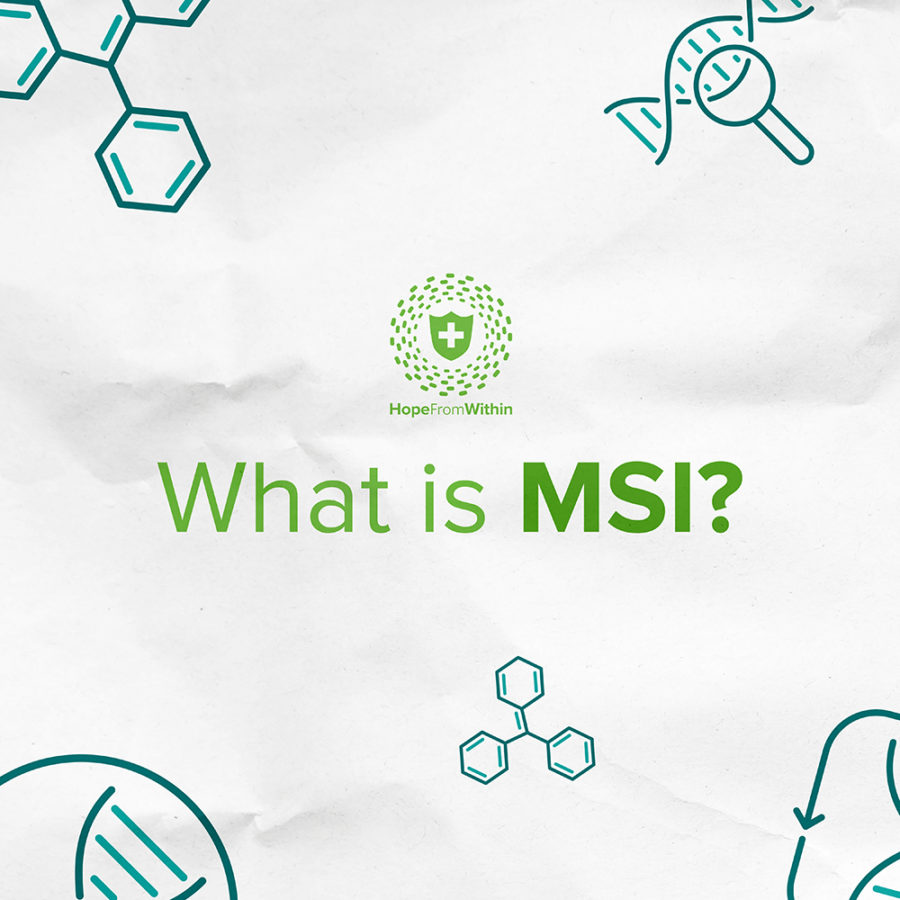If you could find out if something was wrong so you could solve it right away, would you take that opportunity?
When an ‘error’ doesn’t get fixed in our DNA, Microsatellite Instability (MSI) happens, and this could lead to cancers, with colorectal cancer most commonly associated with high MSI.
MSI testing can help find out if you could be at risk of colorectal cancer.




So how does MSI happen?
Microsatellite Instability High (MSI-H) is a DNA abnormality found in about 15% of colon cancers and other cancers, commonly associated with genetic, hereditary syndromes like Lynch syndrome.
This means that your loved ones could be at risk of colon cancers or other cancers, too. MSI testing can help save your life and theirs.




By now, you might be asking yourself, why should I get tested? Well, in 2020, over 11,000 Filipinos got diagnosed with colon cancer, making this particular cancer indication the third most common in the country.
One way to find out if you could be at risk of colorectal cancer is with MSI testing. If your test results show MSI is high (MSI-H), ask your doctor about the possibility of being at risk of colorectal cancer, and seek treatment right away if advised.



Microsatellite instability is found most often in colorectal cancer, gastric cancer, and endometrial cancer, but it may also be found in many other types of cancer.
Knowing whether cancer is microsatellite instability-high may help plan the best treatment.
Keep the #HopeFromWithin alive and ask your doctor about MSI testing. Let’s look for another way forward!


Sources:
C. Richard Boland (2011, February 11). Microsatellite Instability in Colorectal Cancer. Retrieved from US National Library of Medicine
National Institutes of Health: https://www.ncbi.nlm.nih.gov/pmc/articles/PMC3037515/ . Accessed on March 1, 2021
IARC WHO. (2020). Global Cancer Observatory Fact Sheet: Philippines. Global Cancer Observatory (GLOBOCAN). Retrieved March 1, 2021, from https://gco.iarc.fr/today/data/factsheets/populations/608-philippines-fact-sheets.pdf
PH-KEY-00450



